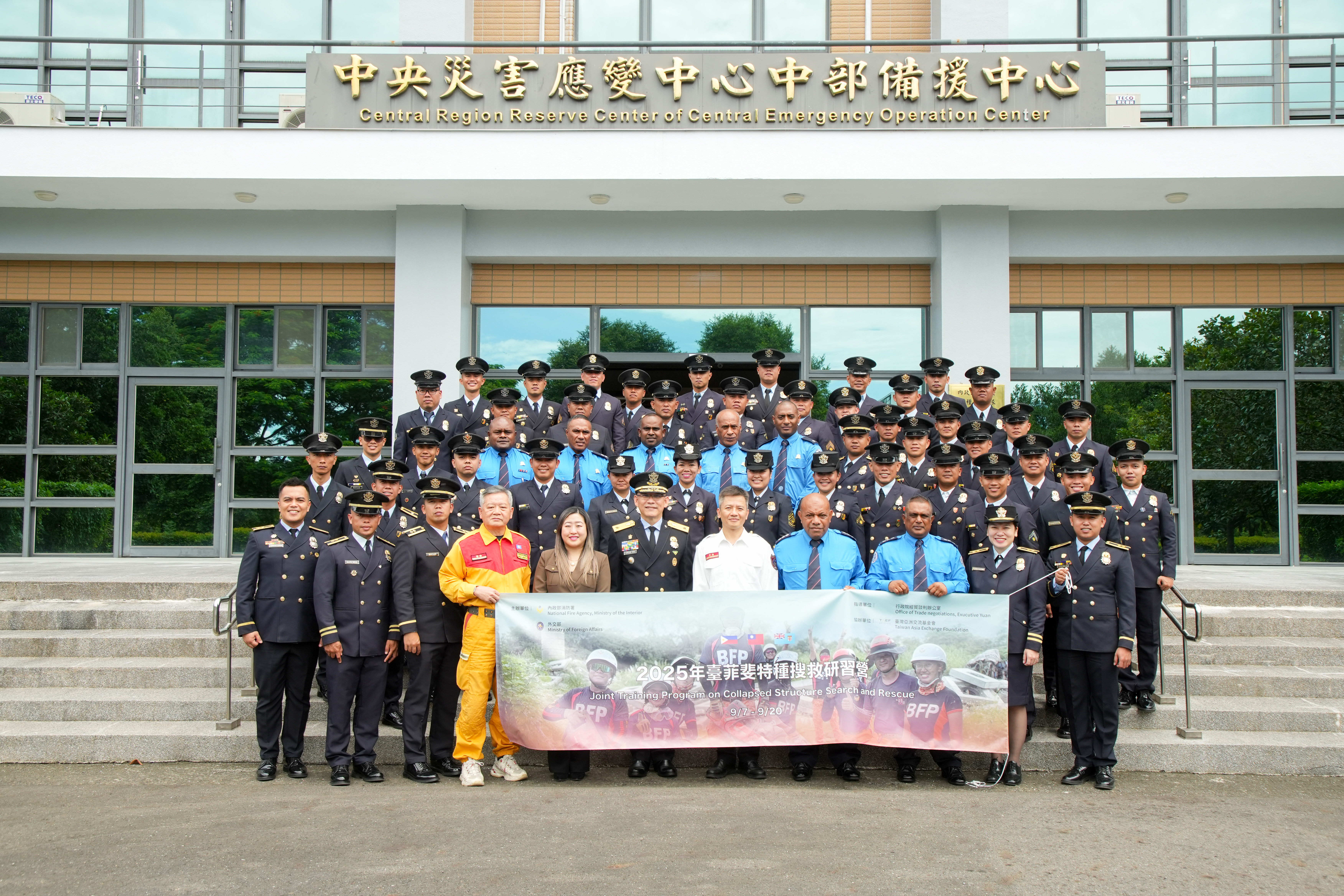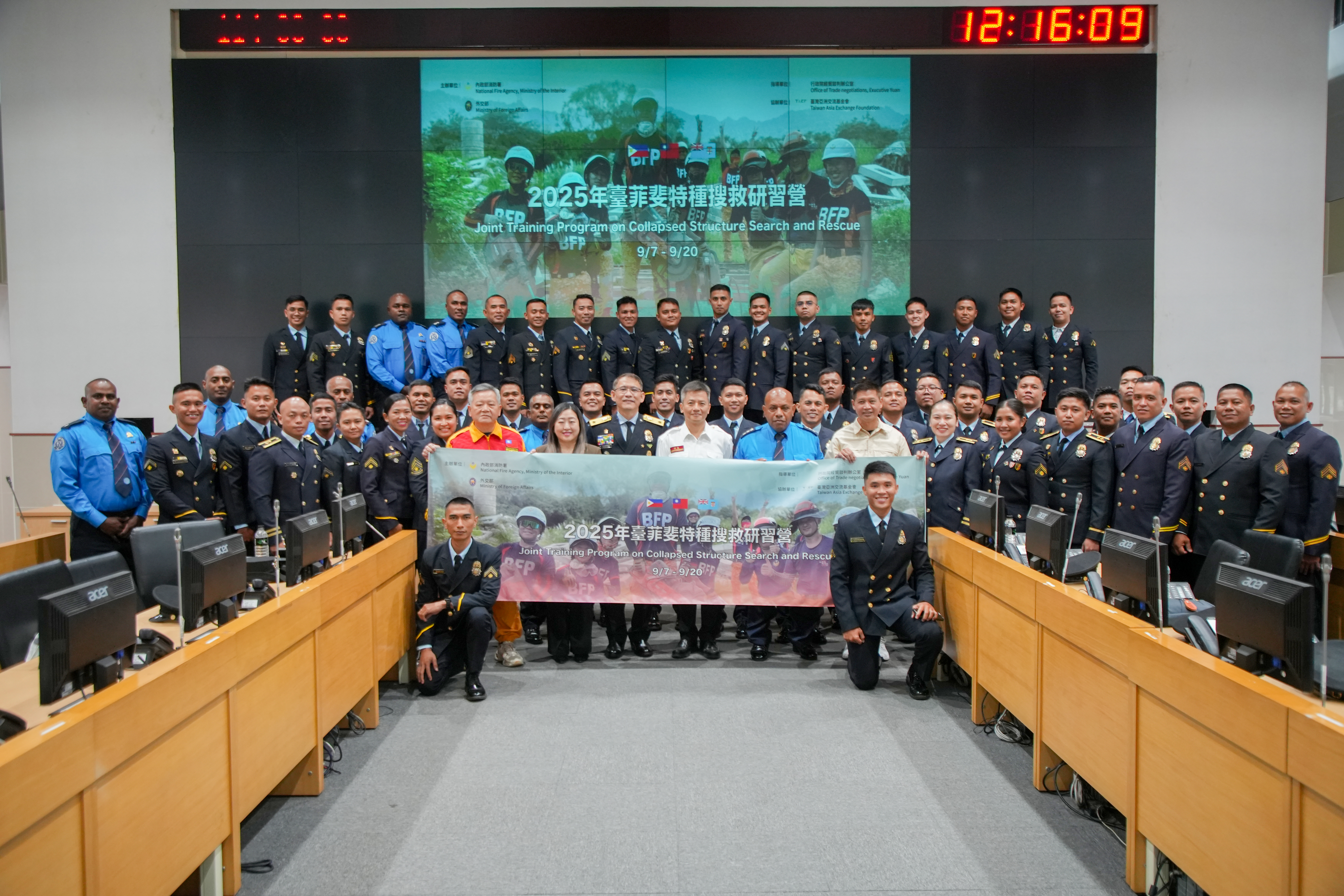The Ministry of Foreign Affairs, the Taiwan National Fire Agency of the Ministry of the Interior, the Bureau of Foreign Trade of the Ministry of Economic Affairs, the Office of Trade Negotiations of the Executive Yuan, and the Taiwan-Asia Exchange Foundation (TAEF) launched the “Taiwan-Philippines-Fiji Joint Training Program on Collapsed Structure Search and Rescue” on September 8 at the Fire Training Center in Zhushan, Nantou. 46 firefighters from the Philippines and 7 firefighters from Fiji gathered to participate in several days of advanced training and professional exchange, underscoring the growing regional cooperation in disaster risk reduction.
The opening ceremony featured welcome remarks from Director Chih-Chiang Hsieh of the NFA Training Center in Nantou, followed by speeches from Executive Director Alan Hao Yang of (TAEF), Director Sabrina Aaron-Eugenio of the MECO Taichung Extension Office, Deputy Chief Wilberto Kwan Tiu of the Philippine Bureau of Fire Protection, and Divisional Fire Officer Naibukanakavo of Fiji’s National Fire Authority.
Director Chih-Chiang Hsieh stated that the training center is the world’s third largest and Asia’s largest specialized fire service training facilities. Director Hsieh emphasized, “Since our first collaboration in 2019, over 212 officials and firefighters from the Philippines have trained at our center.” He also welcomed Fiji’s return after its EMT-1 course last year, noting, “This symbolizes we need closer disaster response cooperation within the Indo-Pacific region, so that more countries can support each other in prevention and relief.” Highlighting Taiwan’s humanitarian commitment, Director Hsieh recalled that during Taiwan’s devastating 1999 Jiji earthquake, international teams rushed to Taiwan’s aid, and in 2023, Taiwan immediately dispatched 130 rescuers after Turkey experienced a 7.8-magnitude quake. “These experiences remind us that humanitarian aid knows no borders. Whether facing typhoons, earthquakes, or tsunamis, Taiwan, the Philippines, and Fiji can build an even stronger foundation together. This is not just training—it is a significant step forward in building regional resilience.”
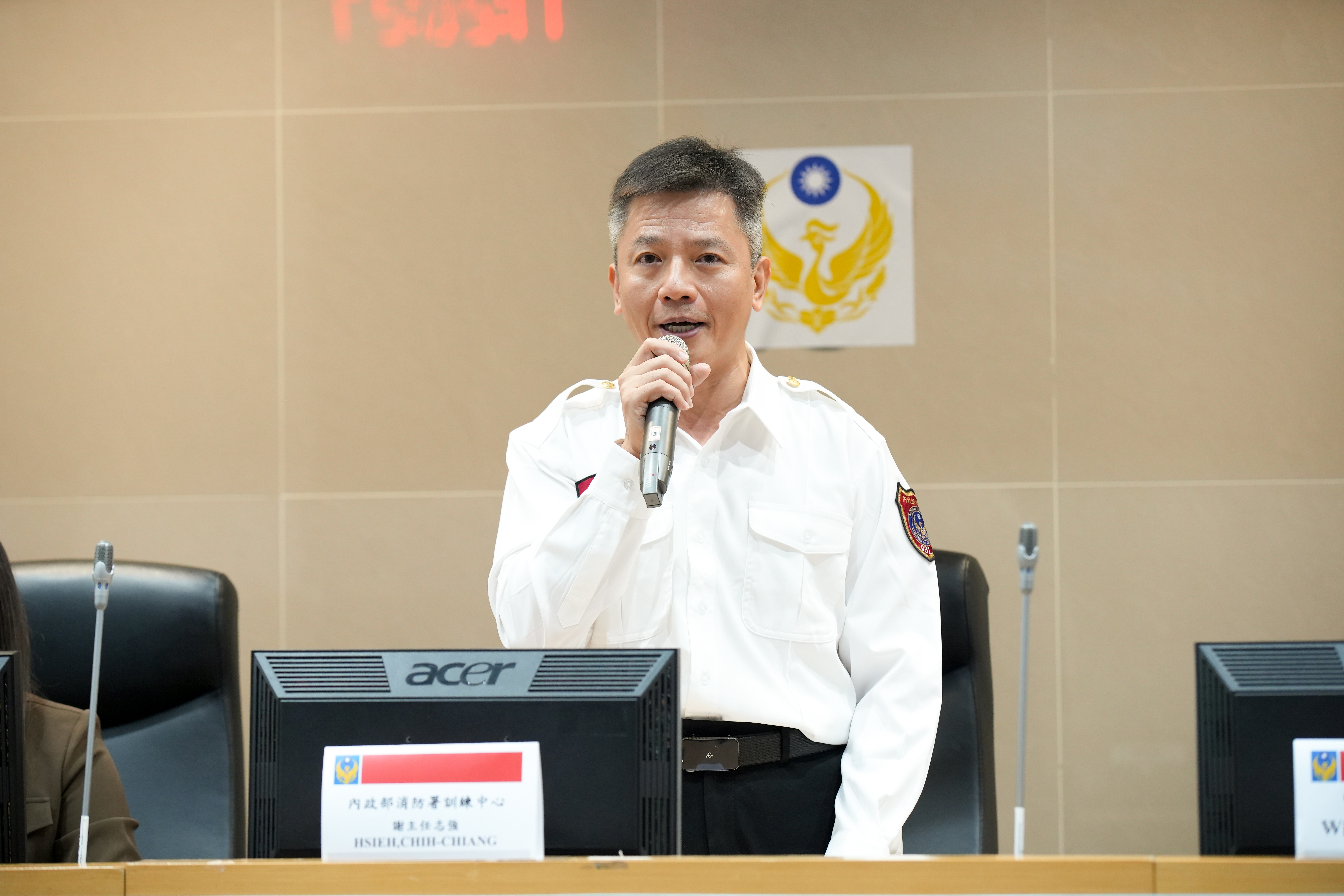
Executive Director Dr. Alan Hao Yang highlighted TAEF’s mandate under Taiwan’s New Southbound Policy and Indo-Pacific vision. He noted that since 2023, Taiwan has worked with fire agencies across the region—including the Philippines, Japan, Vietnam, and now Fiji—“to materialize meaningful cooperation that strengthens regional disaster preparedness and resilience.” Dr. Yang also emphasized the broader framework of collaboration, pointing to the annual Asian Resilience Summit as a platform for regional leaders to chart joint roadmaps for disaster prevention. He said, “Special search and rescue training is not only about enhancing national resilience, but also about extending bilateral, minilateral, and multilateral cooperation to build a more solid and resilient partnership across the Indo-Pacific.” He concluded by inviting participants to enjoy Taiwan’s hospitality in Yilan and Taipei, underscoring that “this training is not the end of your journey with Taiwan, but the beginning of a lasting friendship.”
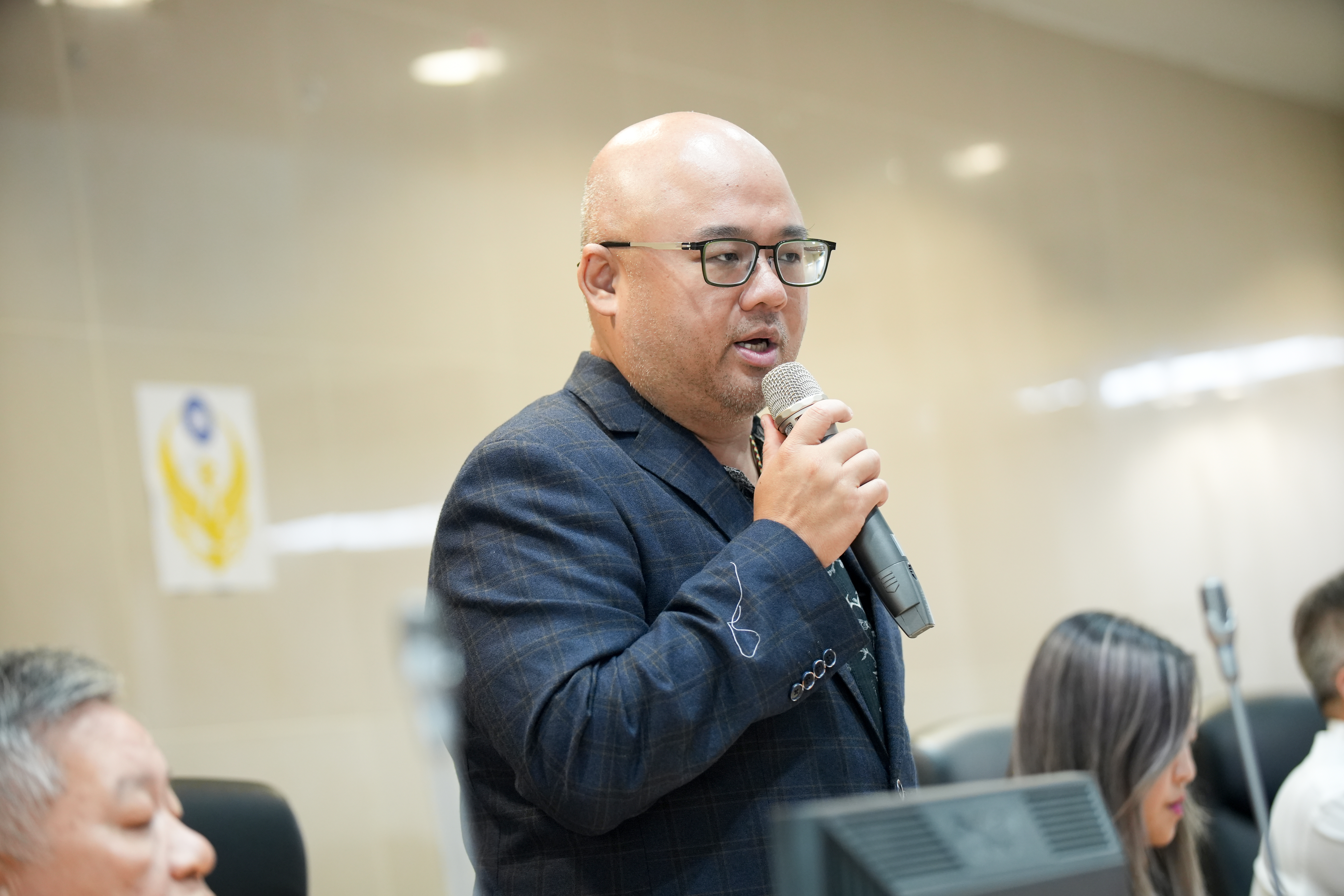
Director Sabrina Aaron-Eugenio praised the enduring partnership between the Philippines and Taiwan in advancing disaster preparedness, noting that “each batch of trainees may be different, but all are bound by a shared sense of purpose.” She emphasized that the joint program “goes beyond technical learning—it builds vitality, strengthens institutions, and fosters friendships across borders.” Reflecting on the increasing threats of climate change, she underscored that “fires, earthquakes, typhoons, and industrial incidents do not respect borders. What matters is how quickly and seamlessly we respond, how we communicate, how we trust, and how we work together.” She called for a new generation of responders who are not only skilled but also collaborative and globally aware, encouraging participants that while the journey may be demanding, “you are building bridges of resilience and solidarity that will benefit countless communities.”
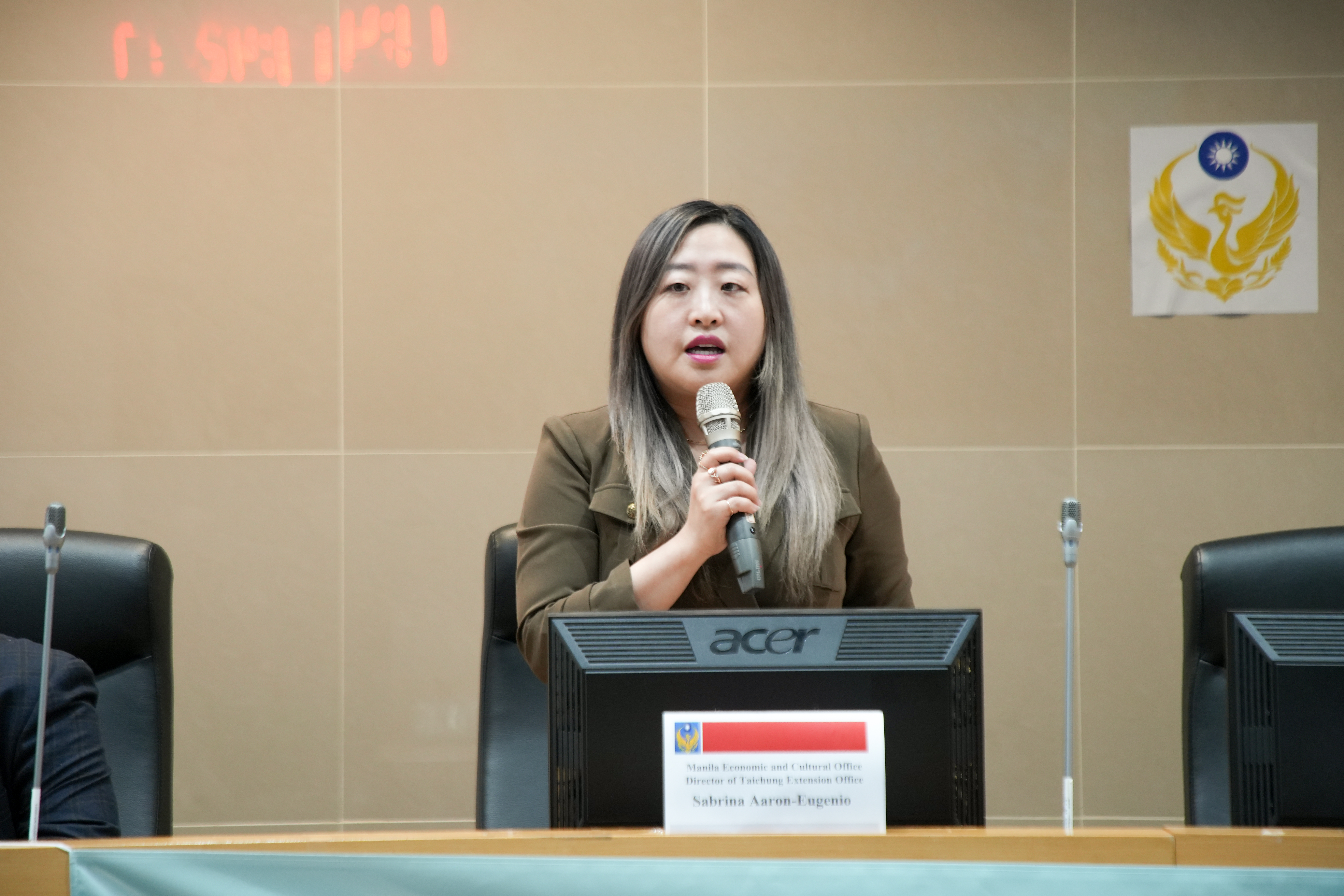
Deputy Chief Kwan Tiu stressed that “this training is more than a technical exercise—it is an investment in you, our human capital, who will carry forward the vision of a fire-safe and disaster-resilient Philippines.” He urged participants to embrace international collaboration with fresh perspectives, noting the Bureau of Fire Protection’s goal of achieving international classification for its search and rescue teams. Through the Joint Training Program on Collapsed Structure Search and Rescue (CSSR), he explained, the Philippines aims to “build stronger models of regional cooperation, following the examples of Singapore and Malaysia, under a One Asia, One Response mechanism.” He also recalled how Fiji became involved after the 2022 World Fire Congress. Concluding his remarks, he affirmed the spirit of solidarity: “While we do not wish for disasters, we stand prepared to face them together as public servants without borders. Long live the National Fire Agency Taiwan, long live the Bureau of Fire Protection, long live Fiji, and long live our joint partnership.”
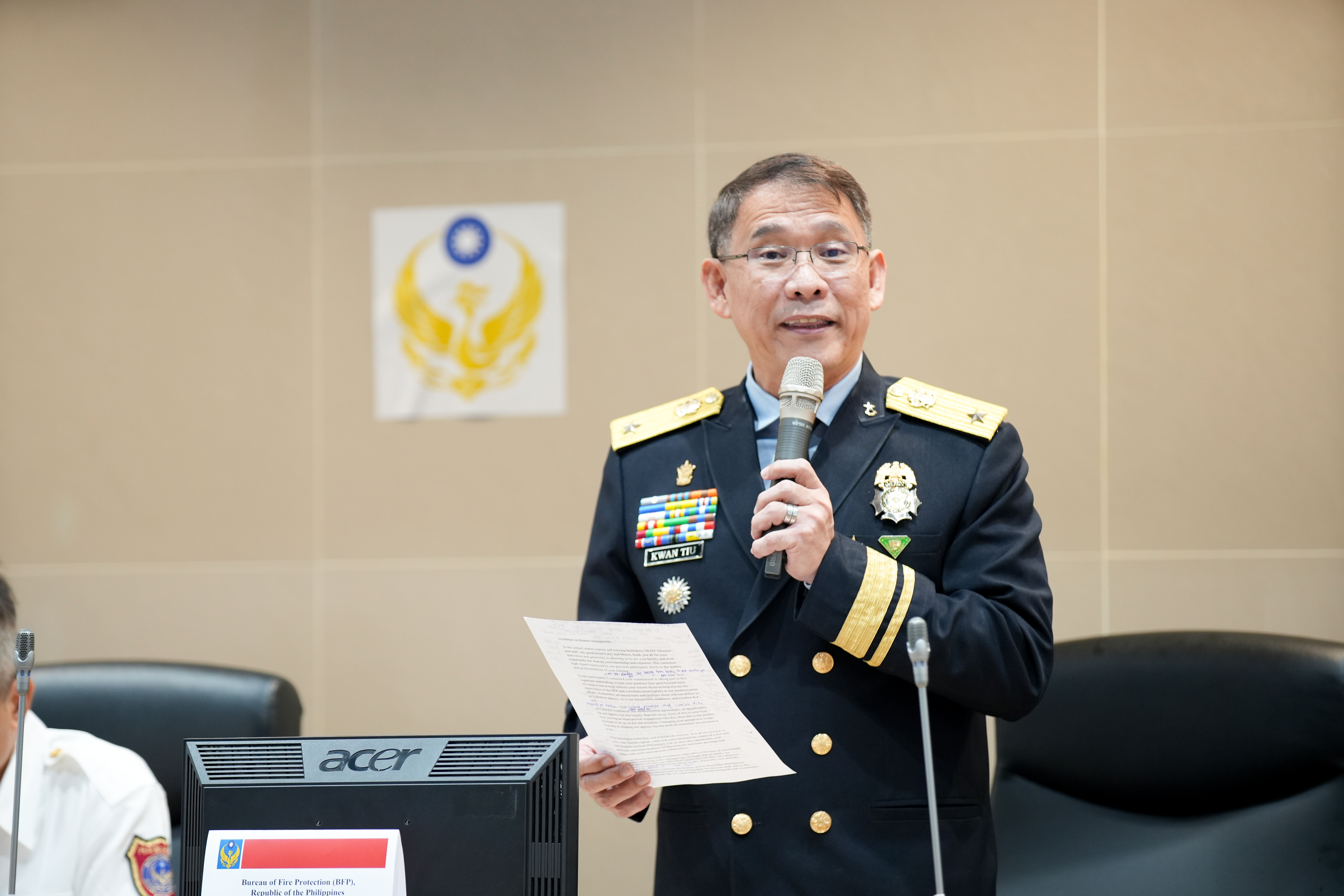
Officer Naibukanakavo expressed heartfelt gratitude to Taiwan’s Ministry of the Interior and the National Fire Agency for extending the opportunity to join the joint training program. “We are the lucky ones to be here. We are fortunate to be part of this dream,” he said. Addressing his fellow participants, he urged them to reflect on their role as public servants: “We often ask what our government is doing for us. Instead, we should ask what we can do for our government. What you learn here, take back and be prepared—because when disaster strikes, we must be ready to serve our country.” He closed his remarks with a blessing for all present, “May God bless the leaders, the region, and all of us around the world.”
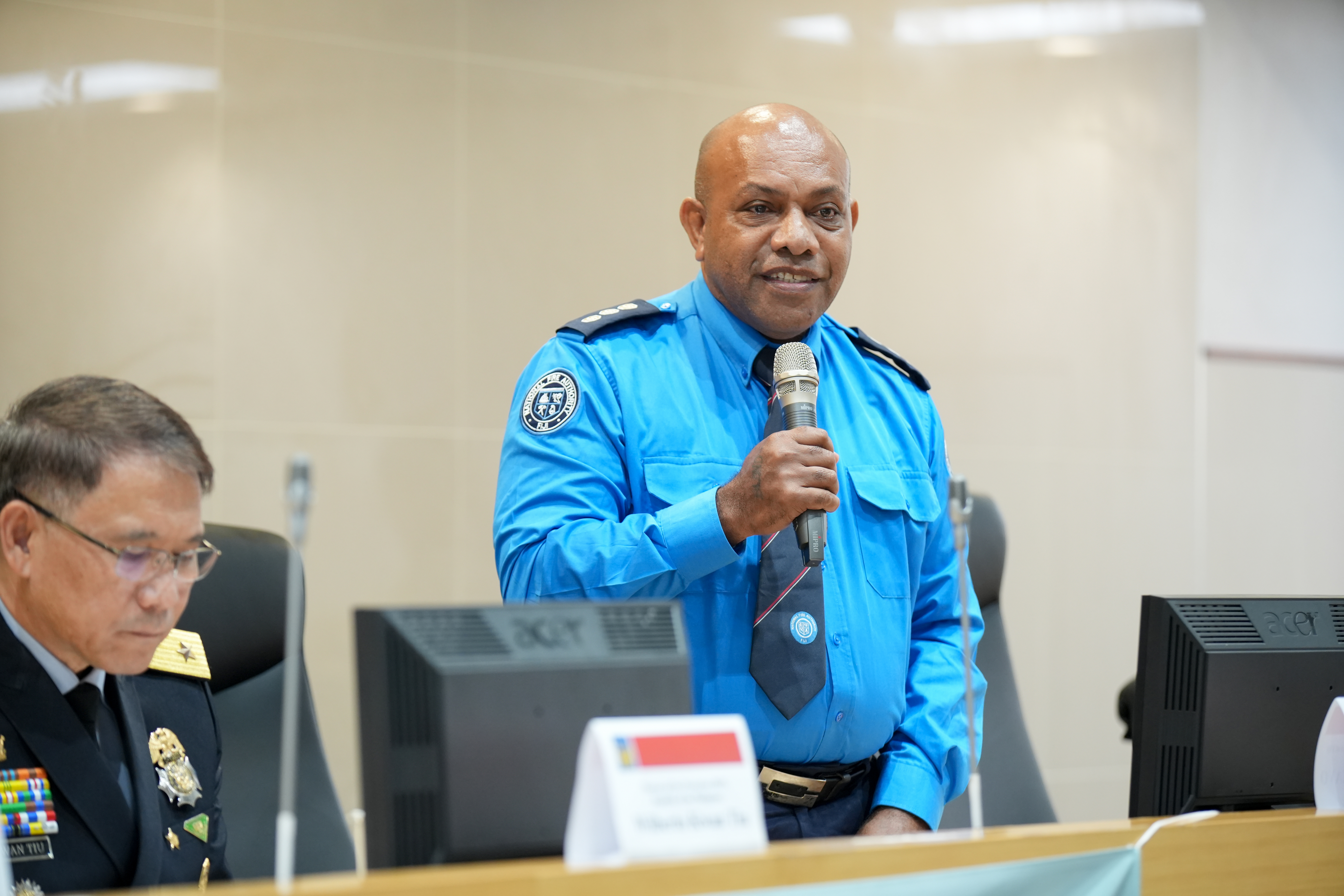
The opening ceremony concluded with a gift exchange among institutions, symbolizing trust and growing partnerships. Training sessions will continue throughout the week, covering fire investigation, emergency drills, and post-disaster reconstruction—further strengthening joint disaster response capabilities across Taiwan, the Philippines, and Fiji.
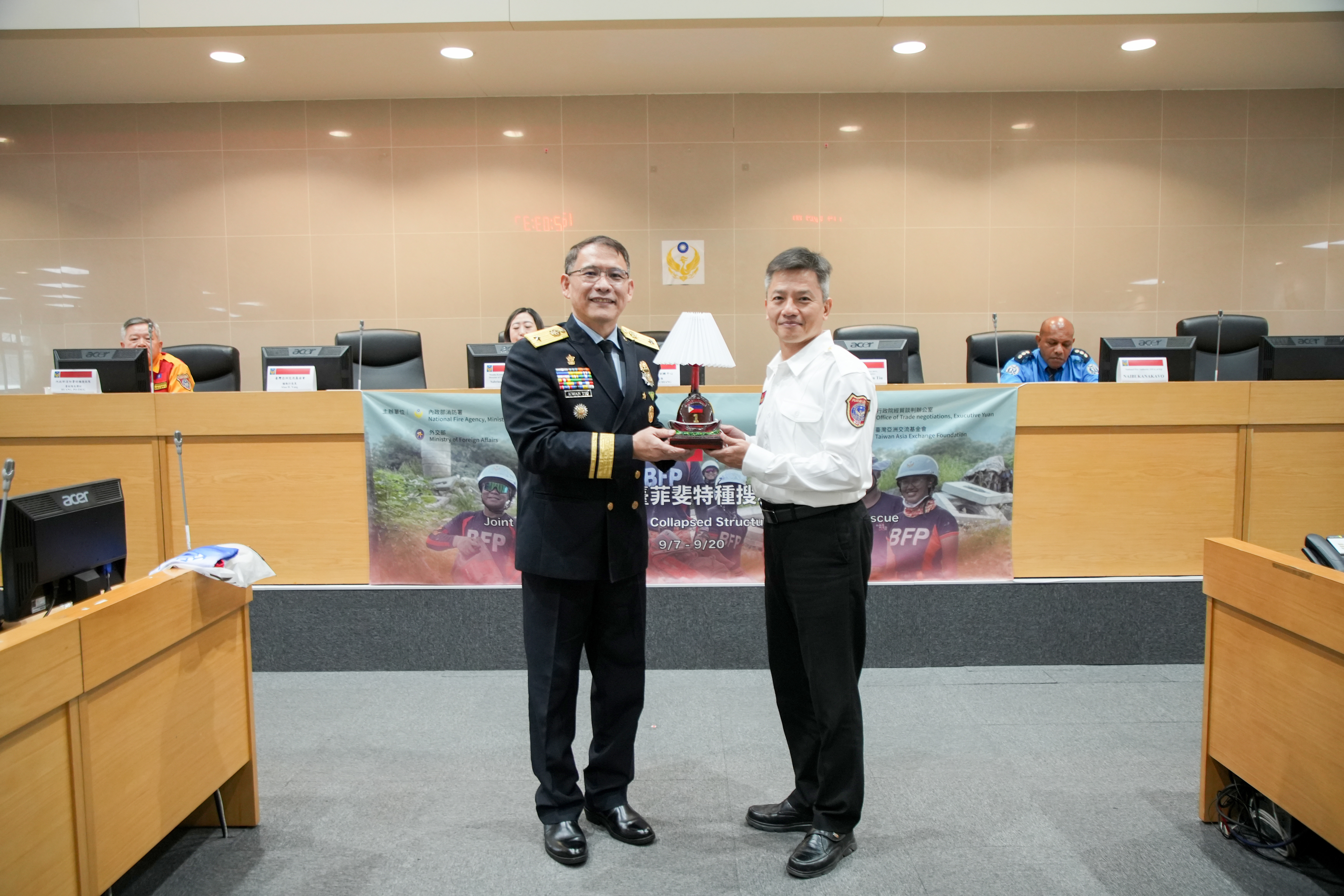

Taiwan–Philippines–Fiji Joint Training Program Context
The Taiwan–Philippines–Fiji Joint Training Program (JTP) marks a new milestone in trilateral disaster response cooperation, expanding Taiwan’s long-standing partnership with the Philippines to now include Pacific partners such as Fiji. Anchored in the Regional Resilience Corridor of Taiwan’s New Southbound Policy Plus (NSP+), led by the Taiwan-Asia Exchange Foundation (TAEF), the program focuses on early warning, response coordination, and the use of emerging technologies like drones and unmanned vehicles to strengthen regional preparedness. Since 2023, TAEF and the National Fire Agency have co-hosted international training programs with Japan, Vietnam, and the Philippines, building frontline capacity across partner countries. With Fiji’s participation in 2025, the JTP extends this network into the Pacific region, reinforcing Taiwan’s Indo-Pacific resilience vision and its commitment to building a people-centered, cross-border disaster cooperation framework.
